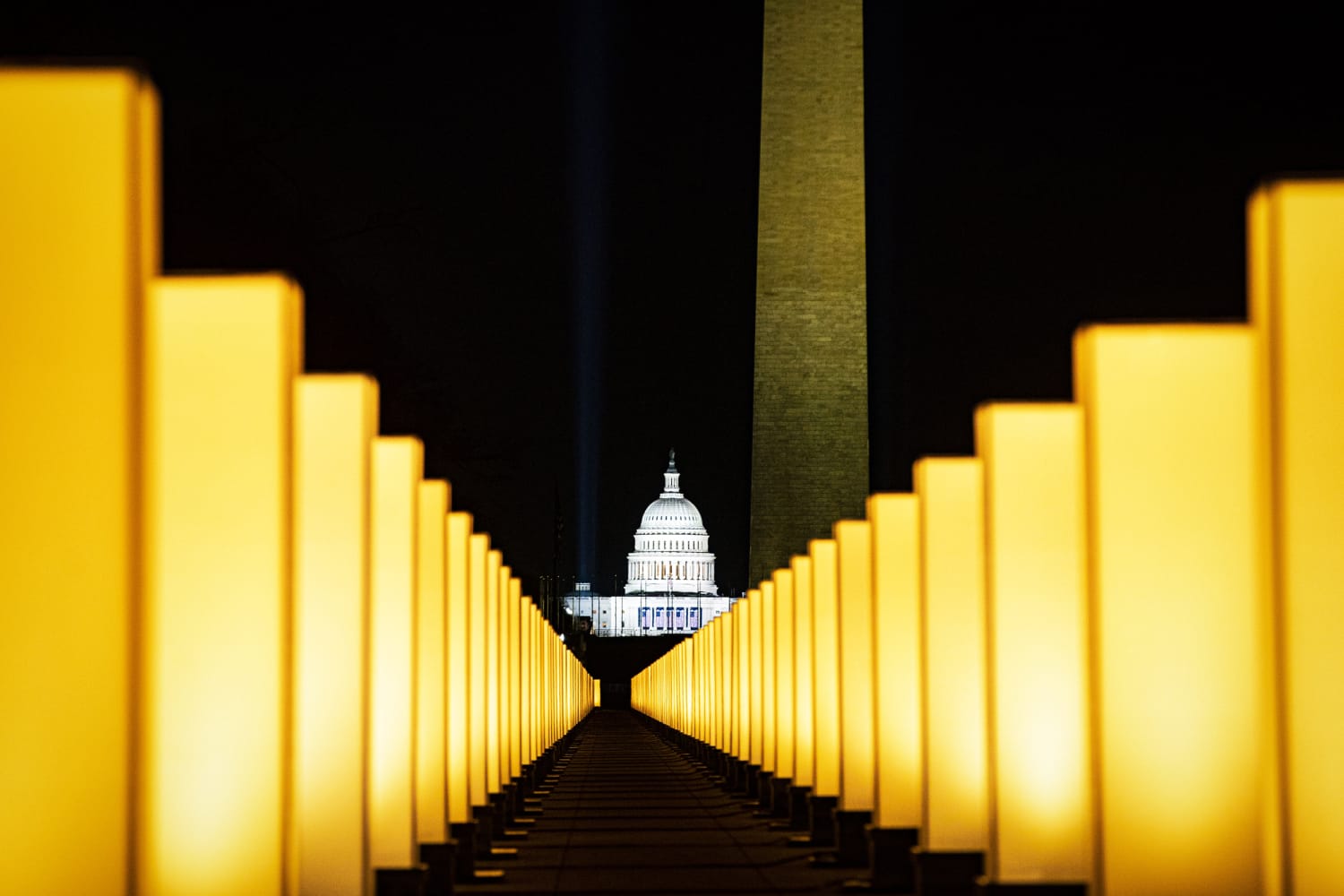Before Covid-19 took my father last spring, time meant opportunity: for exploring new places, hanging out with friends, savoring my mother’s cooking, or even just getting my work done before deadline. And, with the exception of waiting at the bus stop in the pre-dawn New England winter, it always seemed like time rushed by too fast.
But after burying my father on the first day of May last year, time suddenly became a burden.
But after burying my father on the first day of May last year, time suddenly became a burden. As is apparently common in the first period of grief, every activity — even eating — seemed pointless. It wasn’t just that food had lost its flavor; it was impossible to conceive of how food could ever be flavorful. And if something like eating didn’t matter, then what was the use of having all the time in the world for it?
My mother, brother and I were thankfully able to create our own coronavirus bubble, so we had each other. But Covid-19 also stole from us the rituals of mourning — which I increasingly recognize are intended, at least in part, to fill time. There was no large gathering of friends at his funeral, no week of sitting shiva with its flurry of visits from relatives, neighbors and colleagues. We were left alone, with stunted possibilities for commemoration, but with oh so many hours — stretching out in front of us, useless, unwanted, but needing to be filled just the same.
After a couple of weeks, some activities resumed. Work, paying bills and, once the bounty of casseroles stopped being deposited in our lobby, the need to shop and cook and clean up as our taste buds gradually began to function again. It was a huge relief to discover that having to do these things — dreaded as they initially were — actually helped. They didn’t just take up time; their necessity and purpose facilitated healing.
Yet life beyond these required duties remains limited. Admittedly, the pandemic’s erasure of our daily contours is in some ways a relief. I’m not required to go anywhere because everything’s been canceled, and I don’t feel alienated by a world humming on as normal since it, too, is despairing and disrupted. But part of what pulls you out of grief (so I’ve been told) is that the wider world demands it of you — kicking and screaming if need be.
I don’t know if the family members of the other half million Americans (and counting) lost to Covid-19 feel any of the same relief I’ve experienced. But I’m sure they’re struggling with the flip side of this circumstance: 500,000 loved ones denied proper funerals and memorial services and the company of the broader community mourning this staggering sum of deaths. Millions left behind wondering what to do now.
One thing I did find to fill my time was reading about grief. At first, this seemed like a way to honor my dad, because he believed that the answer to almost anything could be found in a book. The volume that made the biggest difference was “Finding Meaning: The Sixth Stage of Grief,” by David Kessler, because it actually provided an answer to a question that at that point I hadn’t realized I was asking: What can I do to embrace time — and life — after loss?
“Grief is extremely powerful. It’s easy to get stuck in your pain and remain bitter, angry or depressed,” he writes. “But finding meaning in loss empowers us to find a path forward.” He notes that this can take many different forms, from honoring a loved one to experiencing gratitude for the time we had with them to recognizing the value of life to making a major change as a result. The common denominator, I saw, was that they each provided a sense of purpose.
Like reading about loss, concrete actions connected to my dad were the things that felt most purposeful, and therefore provided moments of respite.
And indeed, like reading about loss, concrete actions connected to my dad were the things that felt most purposeful, and therefore provided moments of respite. In phone calls and in emails and in a piece on his passing that I wrote for THINK, I conveyed his spirit, his warmth, his creativity to others. It was uplifting because it let me hold onto him as well as share him. So that even if he was dead, he wasn’t gone. And even if he couldn’t impart new wisdom or jokes to our family, he could to those who’d never met him.
When he was in college, my dad had invented a word to describe when a citrus fruit accidentally squirts you in the eye: “orbisculate.” He kept using it, so growing up I assumed it was a “real” word. Then one day while eating oranges, a friend of mine from college challenged its validity. We settled our argument with a $5 bet over whether it was in the dictionary. I was shocked to open up our musty American Heritage volume and discover I’d lost.
At the time, I was quite annoyed that my father had hoodwinked me (and cost me $5). But as I was telling people about my dad’s passing, I kept coming back to his etymological innovation. It captured those very qualities of humor and originality that I was trying to communicate.
I also realized that it should be in the dictionary. With that, my brother and I decided to launch Mission Orbisculate, a campaign to get orbisculate recognized by the likes of Merriam-Webster. (Since our dad’s name is Neil, my brother calls it a Neil-ogism.) As part of the effort to “spread the word,” we decided to sell T-shirts that raise money for a charity, Carson’s Village, that helps families cope in the immediate aftermath of loss.
Slowly Mission Orbisculate began to make me feel grateful for time once more. At first, it gave me something simple: a purpose for creating a to-do list and checking things off, and with it, the essential satisfaction that comes from completing tasks. Then, as we got going, I wanted the hours to think and tinker with something creative, so we could build something up after what had been torn down. And as we started to see others help us on our quest, it became one thing I could reliably turn to each day for a jolt of inspiration and even joy.
I’m sure that just as grief is different for everyone, the personal benefit of a memorial project varies. But perhaps my experience can help others find solace through projects of their own. Especially now, when — whatever the cause of a loved one’s death — Covid-19’s restrictions freeze our lives in place, giving us so few outlets for working through our losses.
It doesn’t mean that I’m not still grieving and depressed and struggling with nihilism, but it does mean that I have something that allows me to look forward once again to the time stretching out in front of me — all the way until orbisculate gets into the dictionary.
Source: | This article originally belongs to Nbcnews.com









